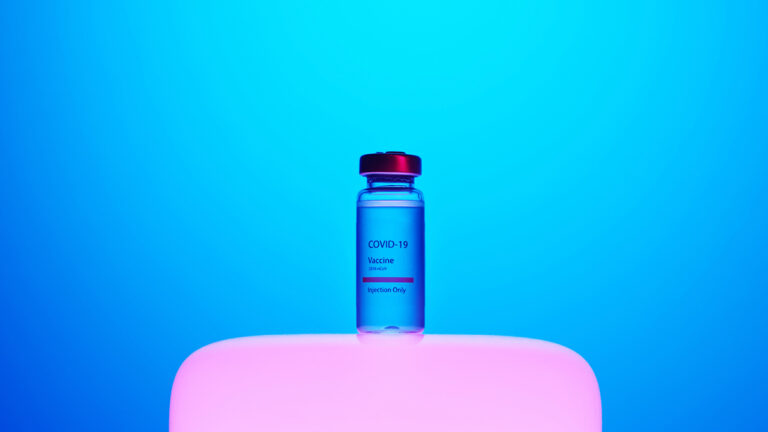Unvaccinated Quebec residents will soon have to pay a health tax
Since the start of the COVID-19 pandemic, the Canadian province of Quebec has seen the highest number of coronavirus-related deaths in Canada. As 2022 begins, the province is currently struggling with a surge in new cases. In order to tackle it, Quebec Premier François Legault announced on Tuesday 11 January that it would be the first in the nation to financially penalise unvaccinated citizens.
On that same day, Quebec’s death toll from COVID-19 reached 12,028. This comes after 62 deaths were recorded in the previous 24-hour period. The daily figure represents a similar rate to January 2021, before widespread vaccinations had begun in the province.
According to the BBC, “only about 12.8 per cent of Quebec residents are not vaccinated” but they make up nearly half of all hospital cases. And as reported in new federal data, just over 85 per cent of Quebec residents had received at least one vaccine dose by 1 January.
Premier Legault said during a news conference that people who have not received their first dose of vaccine will have to pay a “contribution.” Although the fee has not yet been decided upon, it will be “significant,” he added.
“I think right now it’s a question of fairness for the 90 per cent of the population who made some sacrifices,” Premier Legault explained. “I think we owe them this kind of measure.”
The move follows the abrupt resignation of a senior health official in the province, amid mounting anger over new lockdown measures, hospitals at capacity and the slow rollout of vaccine boosters. Doctor Horacio Arruda served in the role for 12 years and was reappointed to another three-year term in June 2020, but has faced an onslaught of criticism in recent weeks. “Recent comments about the credibility of our opinions and our scientific rigour are undoubtedly causing some erosion of public support,” wrote Doctor Arruda in his resignation.
Doctor Arruda faced particular condemnation for allowing care home staff to move between sites during the first wave of the pandemic. Most recently, he was faulted for his dismissal of the benefits of N95 masks, saying they were not necessary for teachers or healthcare workers.
While other provinces have accelerated the rollout of booster shots to fight the contagious Omicron variant, Quebec has only recently opened access to residents 40 years of age and above. In Ontario, residents over 18 have been able to access the booster since mid-December 2021.
On the first week of January 2022, the province had already announced that it would require proof of vaccination from people wanting to shop in government cannabis and liquor stores. A curfew has also been implemented, the second one of the pandemic, running from 10 pm to 5 am each day.
The percentage of COVID-19 patients in intensive care who have not been vaccinated is 45 per cent, provincial data shows. Meanwhile, hospitals in Montreal, the province’s largest city, are nearing 100 per cent capacity and have already started limiting non-COVID related care.
While rare as of now, Quebec is not the only region in the world seeking to impose a financial penalty on those unwilling to get jabbed. Starting later in January, Greek citizens over the age of 60 will be required to pay a €100 (£85) fine for each month that they remain unvaccinated. Singapore has also required COVID-19 patients to pay for their own medical bills if they are not vaccinated.






